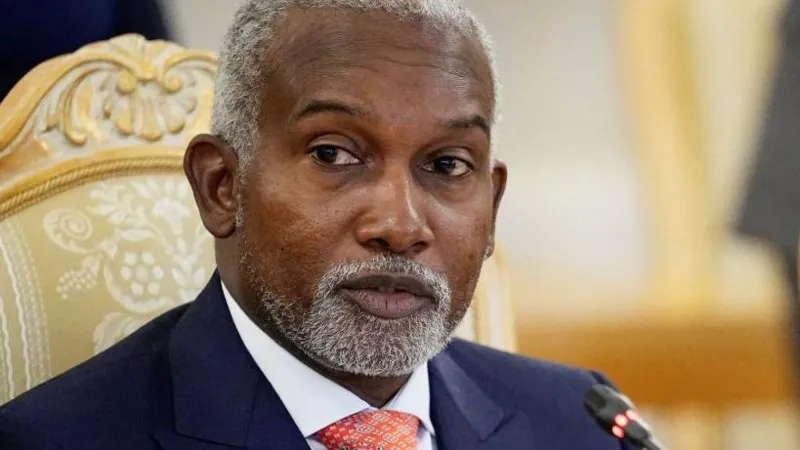Nigeria Rejects Dumping of Venezuelan Convicts Under Asylum Arrangement with US

Nigeria has firmly rejected efforts by the Trump administration to pressure it into accepting deportees particularly Venezuelan nationals and third-country prisoners currently being held in the United States, Foreign Minister Yusuf Tuggar has said.
In a strongly-worded interview with Channels Television, Tuggar invoked 1990s American hip-hop culture to underscore Nigeria’s position. Quoting the rap group Public Enemy, the minister said: “Flava Flav has problems of his own. I can’t do nothin’ for you, man.”
Tuggar added that Nigeria, a country already grappling with a population exceeding 230 million, cannot afford to take on additional burdens. “It will be unfair for Nigeria to accept 300 Venezuelan deportees,” he stated, warning that accepting foreign prisoners would trigger domestic backlash.
The comments come amid rising diplomatic tensions, as Washington reportedly considers slapping higher tariffs and restricting visas for countries that fail to comply with its deportation demands.
Last week, the U.S. Department of State announced that all non-immigrant and non-diplomatic visas issued to citizens of Nigeria, Cameroon, and Ethiopia will now be single-entry and valid for only three months.
Tuggar dismissed the restrictions as a pressure tactic, not a reciprocal or technical measure as claimed by the U.S. embassy in Abuja.
“You will be the same person that will castigate us if we acquiesce to accepting Venezuelan prisoners into Nigeria,” he said.
The U.S. Embassy, however, denied any political motive behind the visa clampdown, insisting the new policy was driven by “technical and security benchmarks.”
Tuggar also addressed recent threats from former U.S. President Donald Trump, who has warned of a 10% tariff on countries aligned with the BRICS alliance an emerging bloc seen as a counterweight to Western influence.
While Nigeria is not a full BRICS member, it became the ninth partner country of the group in January 2025.
“The threat of tariff hikes does not necessarily have to do with us participating in BRICS,” the minister said. “You also have to bear in mind that the U.S. is mounting considerable pressure on African countries to accept Venezuelans to be deported from the U.S., some straight out of prison.”
The Trump administration has also been lobbying several other African countries including Liberia, Senegal, Mauritania, Gabon, and Guinea-Bissau—to accept migrants the U.S. cannot repatriate.
Internal U.S. government documents cited by The Wall Street Journal revealed Washington’s plan to use diplomatic channels and economic incentives to encourage African governments to act as “third countries” for deportees.
However, Liberia’s Foreign Minister, Sara Beysolow Nyanti, denied her country had engaged in any such discussion with U.S. officials. “We have not had discussions about deportees or criminals coming to Liberia,” she stated.
In recent weeks, the U.S. deported eight individuals to South Sudan after a legal and logistical standoff that initially had them rerouted to Djibouti.
Despite the ongoing diplomatic strain, Tuggar stressed that Nigeria remains committed to maintaining productive relations with Washington. “Nigeria is looking to do deals with the U.S.,” he said, highlighting the country’s rich reserves of gas, rare earths, and critical minerals needed by American industries.
He added that discussions were ongoing to resolve differences diplomatically: “We are talking to the U.S. and trying to find common ground.”
The unfolding situation underscores growing tensions between the United States and several African nations over deportation policies, trade threats, and broader geopolitical alignments in the wake of the BRICS expansion. Whether these tensions will ease or escalate remains to be seen.









